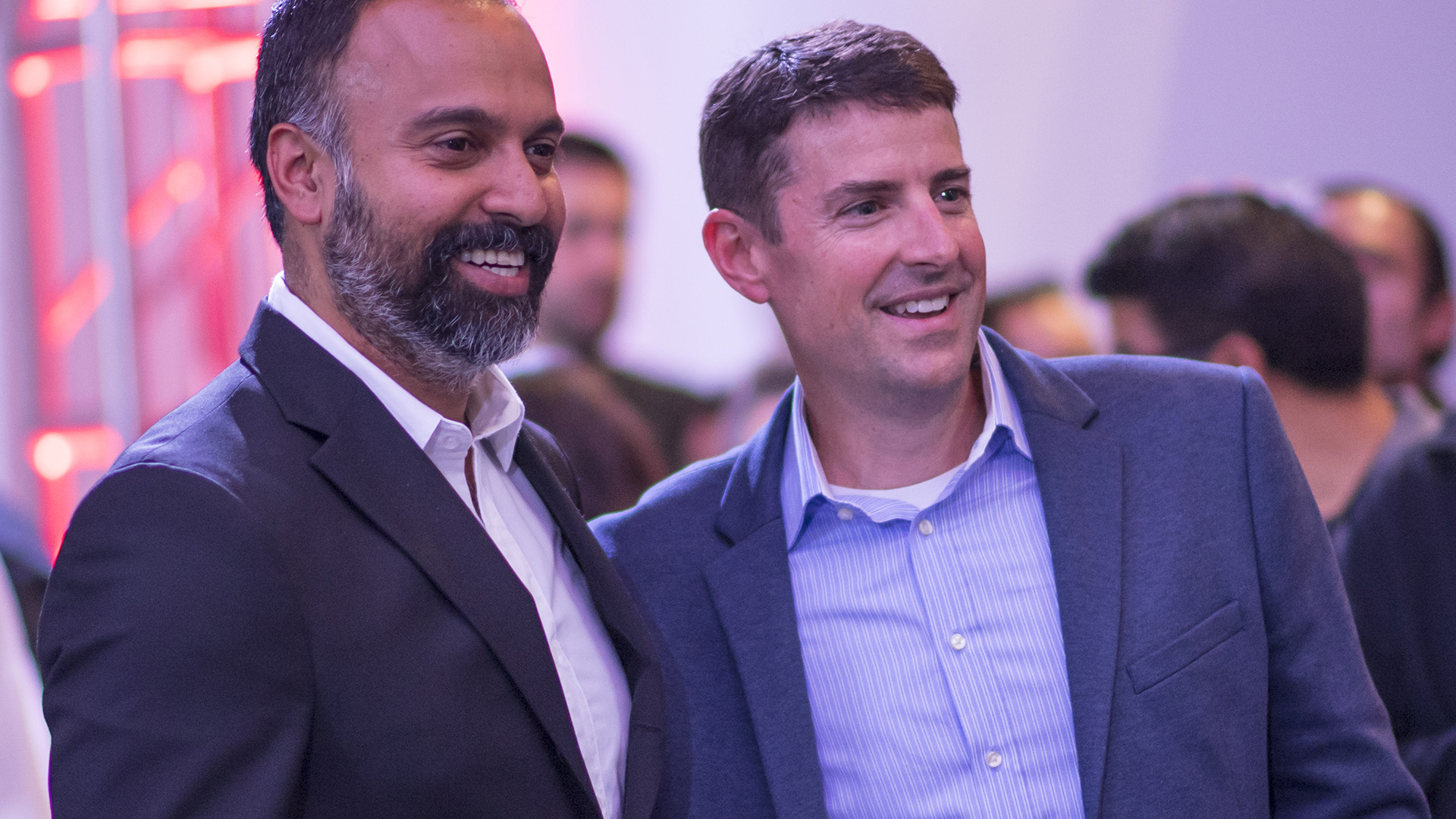

Tesla is set on hitting its production goals for the Model 3. So much that, according to a recent SEC filing, it’s willing to offer a $700,000 bonus to a single person if he can make it happen. That person happens to be Tesla’s global sales and service president, Jon McNeill.
By the end of 2017, Tesla aims to scale up to the point that it can produce 5,000 units of the Model 3 per week. Within the next year, it plans to double that number and deliver 40,000 cars per month fresh off of the production line. That’s a huge commitment, one that fits right in with what CEO Elon Musk is calling “production hell.”
But, if anybody can make it happen, Tesla is betting it’s McNeill. Should the company’s goals be met during the last two quarters of 2017, Tesla will offer a series of different payments to its sales and service president, including cash and stock options. If he hits all his goals, McNeill will walk away with $700,000.
In addition to actual sales numbers, Tesla must also meet both customer service and vehicle service goals—the latter of which have been lacking. Though measures have already been taken by the automaker to speed things along, including making it more affordable entry for body shops to become authorized service centers and creating mobile service departments which can complete work right in the customer’s driveway, things are still chugging along for some customers.
But with the arrival of “production hell,” Tesla must also consider its employees. It seems there’s some bad news going around regarding the way that employees are treated in the plant. One former employee took to Facebook to state that he lasted a few months at the plant before he and eight other colleagues found better working conditions elsewhere. Even a self-proclaimed “Tesla fanboy” jumped in to mention that “Musk’s companies are infamous for having brutal working conditions.”
If Tesla has trouble keeping trained employees on the production line, it’s going to have difficulties meeting production goals perhaps meeting with employees and discussing their grievances could go a long way.

In addition to Tesla’s production woes, it may be apparent that employees are trying to meet other sales goals by pressuring new Model 3 reservation holders to just buy a Model S instead—sometimes for a considerable sum more. This may be a targeted goal based on these incentives, or it may be employees simply pushing a product available there and now. But when reports surface of the salespeople misleading buyers aboute tax rebates, it becomes a tad difficult to defend.
Whatever the end result may be, it appears McNeill will become a wealthier man, should he manage to help Tesla meet its goals. But with high turnover and low employee morale, it seems many more changes need to be made.